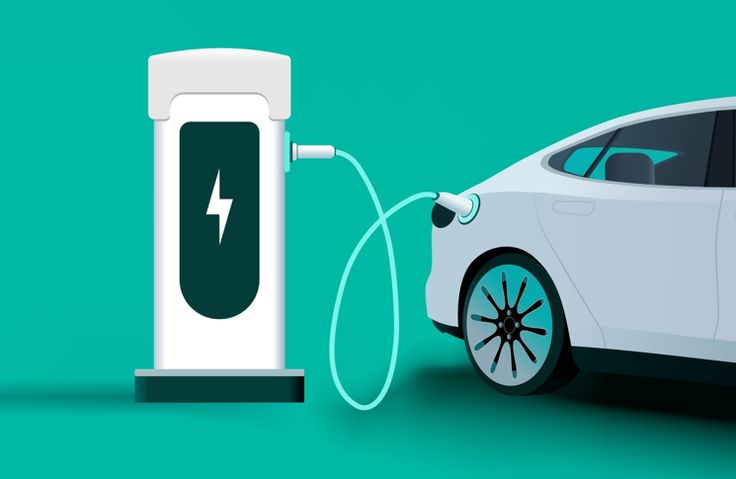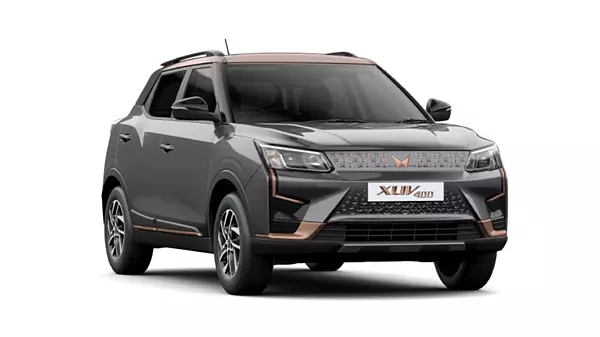Recent UK vehicle safety tests show that electric vehicles (EVs) are averaging about 18 years on the road, and their reliability keeps getting better every year. In fact, EVs are now matching the lifespan of petrol and diesel cars, and their reliability is improving even faster because the tech is still evolving.
Robert Elliott from the University of Birmingham and his team looked at nearly 300 million records from the UK’s MOT tests, which track the condition, age, and mileage of vehicles from 2005 to 2022. They analyzed data from about 29.8 million vehicles.
The findings revealed that EVs now last over 18.4 years, which is longer than the average diesel car at 16.8 years and almost on par with petrol cars at 18.7 years. On average, an EV drives around 200,000 kilometers in its lifetime, beating petrol cars at 187,000 km but still trailing behind diesels, which hit about 257,000 km.
Elliott points out that this shows electric cars are not just a good alternative to petrol and diesel, but in some ways, they’re already better. Plus, the long-term reliability is getting a boost: the chances of an EV breaking down and getting scrapped are dropping about twice as fast as for petrol cars and six times faster than for diesels.
“Early electric cars weren’t great and had reliability issues,” Elliott says. “But the key takeaway is that the technology is improving super quickly.”
He adds, “We’re not here to push an agenda. We just want to share the facts. Electric cars and their batteries are lasting longer, and the tech is getting better, and it’s probably improved even more since this study.”
While the MOT data doesn’t show how much maintenance and repairs cars need between tests, other research from the US indicates that maintenance costs for electric cars are around $0.06 per mile, compared to $0.10 per mile for gas engines.
Rachel Aldred from the University of Westminster emphasizes that moving away from petrol and diesel vehicles can help tackle climate change and air pollution, but she warns that EVs aren’t a perfect solution.
“It’s still not the most efficient or comprehensive fix,” Aldred says. “If everyone relies on private cars, there are still downsides like less physical activity, road injuries, and some pollution—though it’s definitely better than petrol or diesel.” She suggests that walking, cycling, and public transport should be the go-to options for those who can use them.





